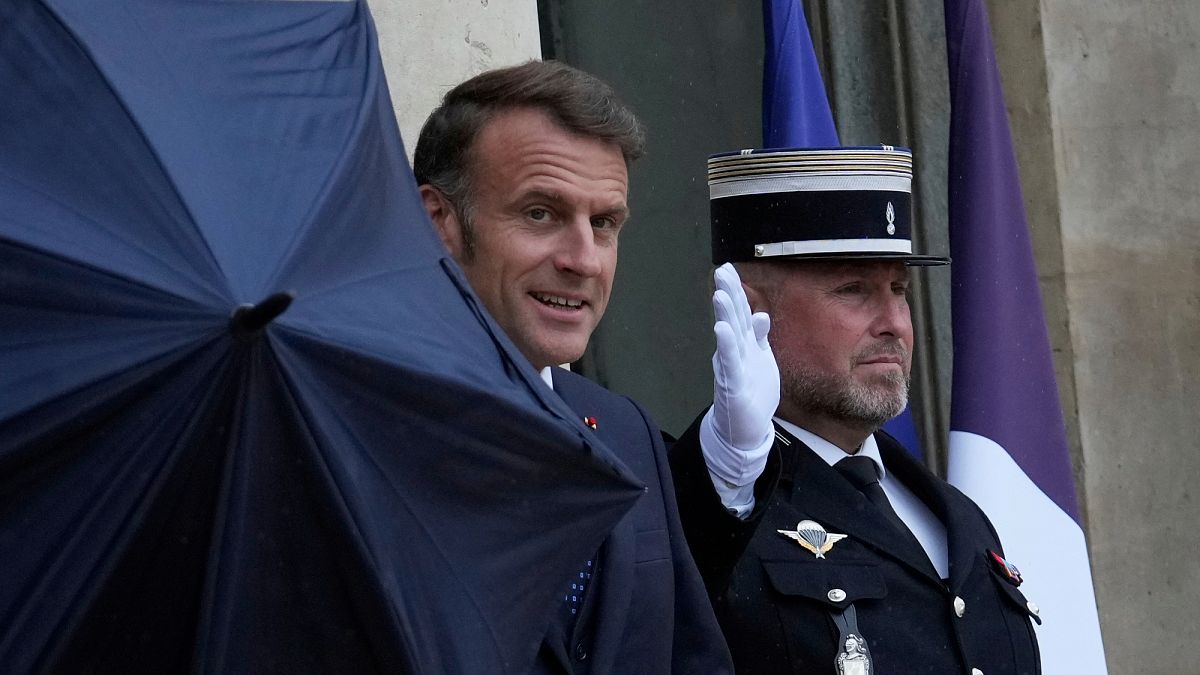

In an era where global events frequently shape our collective future, several significant geopolitical and economic developments have emerged, painting a complex picture of our interconnected world. Among these, France’s decisive step towards recognising Palestine, the ongoing economic challenges faced by the United Kingdom, Iran’s conciliatory gesture for nuclear discussions, and Ukraine’s continued struggle for defense stability stand out.
French President Emmanuel Macron has announced France’s intention to formally recognise Palestine as a state, a decision scheduled for formal endorsement at the United Nations General Assembly in September. This bold move by Macron has met with mixed reactions worldwide. While it has been warmly welcomed by some European and Arab leaders as a genuine step toward addressing long-standing Middle East conflicts, both the United States and Israel have expressed their disapproval, indicating potential strains on diplomatic relations with France.
Meanwhile, across the Channel, the United Kingdom faces its own set of challenges. In the years following Brexit, Britain’s economic growth has struggled to regain its former momentum. The aftermath of Brexit, exacerbated by complexities in trade and business investments, has continued to exert pressure on the UK economy. Despite widespread concerns, some experts suggest that the nation may have weathered the worst of its economic turbulence, hinting at a cautiously optimistic outlook for recovery.
Turning to the Middle East, Iran has signalled its willingness to engage in nuclear talks with the United States, provided there are tangible efforts to rebuild trust. These discussions are set to take place in Istanbul, involving three major European powers—Britain, France, and Germany—alongside the European Union. This development offers a glimmer of hope in the often-tense dialogue surrounding nuclear proliferation, underscoring the importance of rebuilding trust in international relations.
In Eastern Europe, Ukraine continues its focus on bolstering its defense capabilities amidst ongoing tensions with Russia. Ukrainian President Volodymyr Zelenskyy has expressed the nation’s active pursuit of sponsorship for ten Patriot air defense systems, critical to countering increasing aerial threats. Additionally, discussions around a possible meeting between Zelenskyy and Russian President Vladimir Putin have surfaced, opening potential pathways towards dialogue amid wartime challenges. As Ukraine endures another challenging phase, the emphasis on defense and diplomacy remains key to its strategy for resilience.
The unfolding of these diverse yet interconnected stories highlights the complexity and interdependence that characterizes our global landscape. Each development invites a renewed focus on diplomacy, economic strategies, and international cooperation, reflecting a commitment to navigating the challenges and opportunities of our shared future with thoughtfulness and care.
Source: {link}
